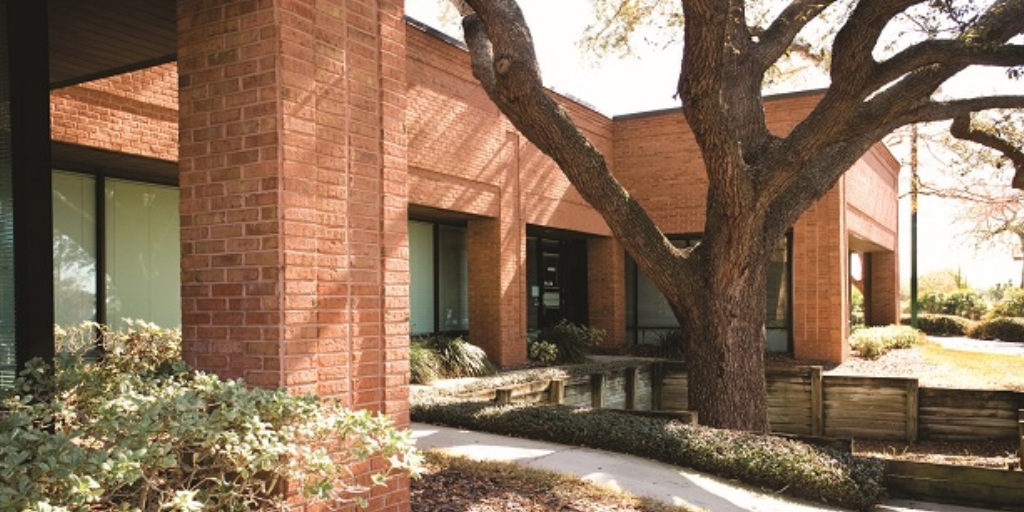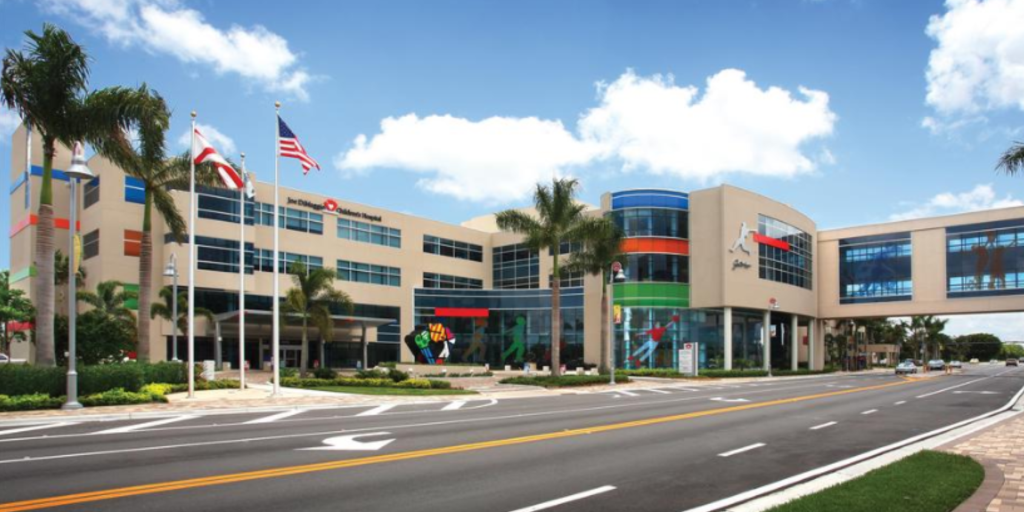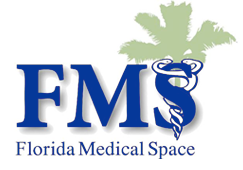

Senior Helpers, a major provider of in-home senior care services, has launched a nationwide franchise concept called Senior Helpers Town Square.
The concept involves the adaptive reuse of older commercial properties being transformed into specialized treatment centers for dementia. The spaces evoke an earlier period in a dementia patient’s life. Namely, midcentury America. Toward that end, the George G. Glenner Alzheimer’s Family Centers created the prototype Town Square in Chula Vista, California, in partnership with the San Diego Opera Scenic Studio. The development, which opened this summer, occupies 9K SF of otherwise unremarkable warehouse space on the town’s Main Street.
Though named Town Square, the development is not a conventional mixed-use development. Rather, it is an indoor, simulated urban environment that employs reminiscence therapy — which uses tangible prompts from an individual’s past to help elicit more long-term memories, reduce anxiety and improve mood and sleep quality in those with dementia.
Each Senior Helpers Town Square location will feature a highly structured, midcentury “town” built around distinctive vignettes that resemble the time period when most participants (now in their 70s and 80s) were young adults, including such re-creations as a 1950s-era diner, movie theater, library and hair salon, all arranged around a central green.
Participants could be served hot lunch at an authentic 1950s-style diner, see a black-and-white film at the movie theater, play pool, get their hair styled at the on-site salon or tinker with a 1959 Ford Thunderbird at the service station. Participants are placed in interest groups of five people and rotate through the areas very much like someone rotating classes in high school or college, spending 45 to 50 minutes in each area.
“The initial response to Senior Helpers Town Square has been overwhelmingly positive, and we hope to have 100 Senior Helpers Town Square locations operating all across the U.S. within the next three years,” Senior Helper CEO Peter Ross said.
A second location is under construction near Baltimore in a former Rite Aid in White Marsh, Maryland, Citylab reports. Senior Helpers will own that facility, which will open in early 2019. A third location is planned for the Chicago area.
Presumably, future versions of Town Square would evoke later decades, and according to Glenner, its partnership with the San Diego Opera Scenic Studio will enable it to update the areas as time passes.
Though named Town Square, the development is not a conventional mixed-use development. Rather, it is an indoor, simulated urban environment that employs reminiscence therapy — which uses tangible prompts from an individual’s past to help elicit more long-term memories, reduce anxiety and improve mood and sleep quality in those with dementia.
Each Senior Helpers Town Square location will feature a highly structured, midcentury “town” built around distinctive vignettes that resemble the time period when most participants (now in their 70s and 80s) were young adults, including such re-creations as a 1950s-era diner, movie theater, library and hair salon, all arranged around a central green.
Participants could be served hot lunch at an authentic 1950s-style diner, see a black-and-white film at the movie theater, play pool, get their hair styled at the on-site salon or tinker with a 1959 Ford Thunderbird at the service station. Participants are placed in interest groups of five people and rotate through the areas very much like someone rotating classes in high school or college, spending 45 to 50 minutes in each area.
“The initial response to Senior Helpers Town Square has been overwhelmingly positive, and we hope to have 100 Senior Helpers Town Square locations operating all across the U.S. within the next three years,” Senior Helper CEO Peter Ross said.
A second location is under construction near Baltimore in a former Rite Aid in White Marsh, Maryland, Citylab reports. Senior Helpers will own that facility, which will open in early 2019. A third location is planned for the Chicago area.
Presumably, future versions of Town Square would evoke later decades, and according to Glenner, its partnership with the San Diego Opera Scenic Studio will enable it to update the areas as time passes.
Participants could be served hot lunch at an authentic 1950s-style diner, see a black-and-white film at the movie theater, play pool, get their hair styled at the on-site salon or tinker with a 1959 Ford Thunderbird at the service station. Participants are placed in interest groups of five people and rotate through the areas very much like someone rotating classes in high school or college, spending 45 to 50 minutes in each area.
“The initial response to Senior Helpers Town Square has been overwhelmingly positive, and we hope to have 100 Senior Helpers Town Square locations operating all across the U.S. within the next three years,” Senior Helper CEO Peter Ross said.
A second location is under construction near Baltimore in a former Rite Aid in White Marsh, Maryland, Citylab reports. Senior Helpers will own that facility, which will open in early 2019. A third location is planned for the Chicago area.
Presumably, future versions of Town Square would evoke later decades, and according to Glenner, its partnership with the San Diego Opera Scenic Studio will enable it to update the areas as time passes.
A second location is under construction near Baltimore in a former Rite Aid in White Marsh, Maryland, Citylab reports. Senior Helpers will own that facility, which will open in early 2019. A third location is planned for the Chicago area.
Presumably, future versions of Town Square would evoke later decades, and according to Glenner, its partnership with the San Diego Opera Scenic Studio will enable it to update the areas as time passes.
Source: Bisnow

Health care real estate investment trust Welltower just sold two of its medical buildings in Broward to Abraham Shaulson’s Millennium Management for $29.2 million.
In two separate deals, Welltower sold the Manorcare Health Services nursing care facility at 6931 West Sunrise Boulevard in Plantation for $14.2 million, and the Heartland of Tamarac nursing home at 5901 Northwest 79th Avenue for $15.4 million.
The sale of the 45,942-square-foot Manorcare facility breaks down to about $310 per square foot. It features 120 beds. The 75,552-square-foot Heartland of Tamarac facility sold for about $200 per square foot and features 151 beds. Both were built in the 1980’s.
Miami-based Millennium operates scores of nursing homes throughout the United States. In 2016, it paid $15 million for a psychiatric campus in Hialeah.
Source: The Real Deal
The sale of the 45,942-square-foot Manorcare facility breaks down to about $310 per square foot. It features 120 beds. The 75,552-square-foot Heartland of Tamarac facility sold for about $200 per square foot and features 151 beds. Both were built in the 1980’s.
Miami-based Millennium operates scores of nursing homes throughout the United States. In 2016, it paid $15 million for a psychiatric campus in Hialeah.
Source: The Real Deal
Source: The Real Deal

Mergers among healthcare companies and providers has been a driving force behind changes in the industry and how physicians interact with patients, according to a Marcus & Millichap Medical Office National Report.
According to the report, emerging technologies and a shift in the care delivery model are spilling over into the development of medical offices. A rise in outpatient services and procedures has encouraged medical office development in off-campus locations over the past few years. Hospitals and medical providers seek to place offices in neighborhoods and suburban areas, closer to where people live and work, in order to reduce costs and appeal to patients seeking medical care. While these factors bode well for today’s medical office market, the industry still faces numerous challenges as an aging population is met with a physician shortage, rising healthcare costs and insurance reform uncertainty. Despite these challenges, patient demand for services remains strong and will continue to drive further expansion and growth in the medical office building sector.
Source: Marcus & Millichap
Source: Marcus & Millichap

